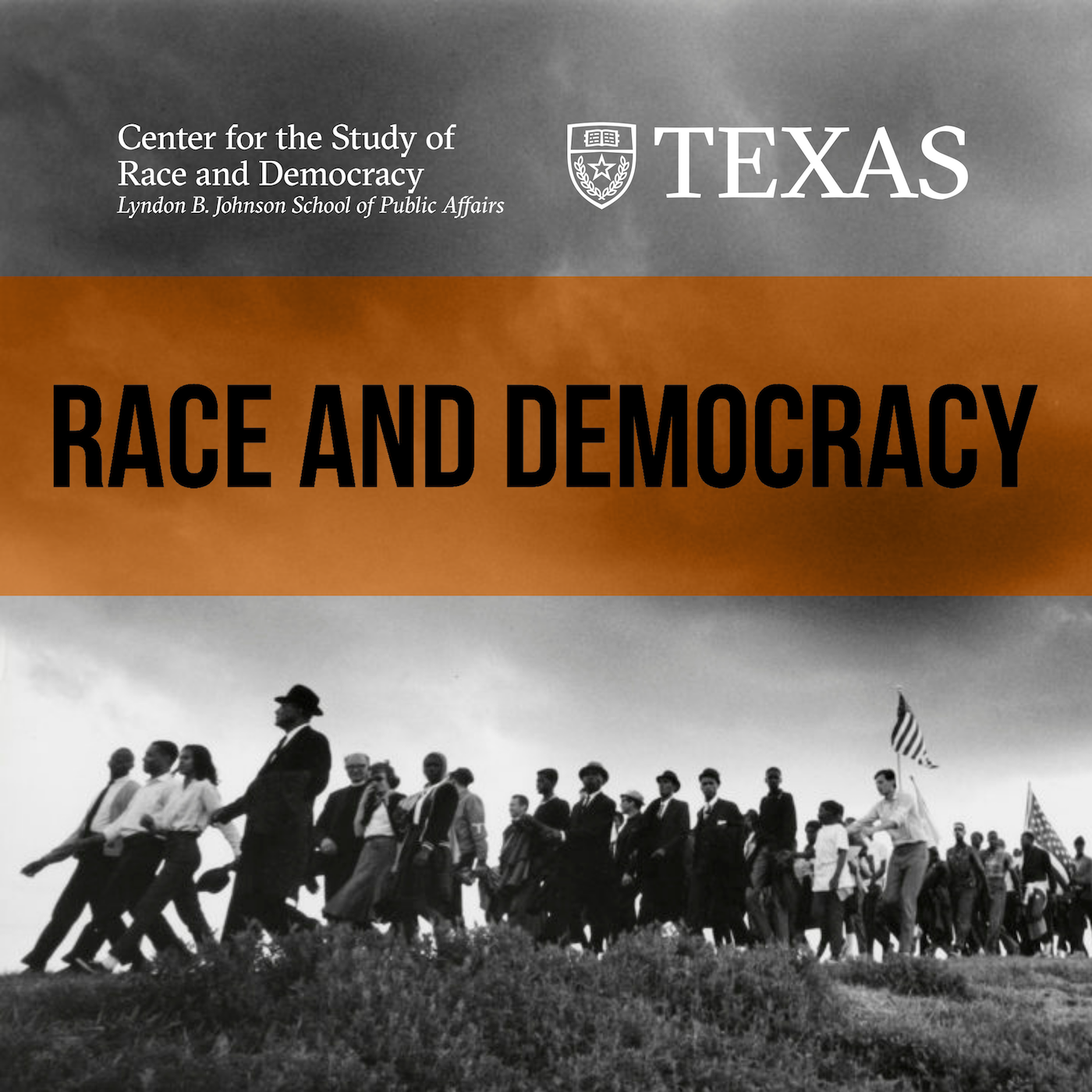Ep. 39 – Michael Eric Dyson on George Floyd, Racial Justice, and Hope
Description
Michael Eric Dyson is a renowned scholar, ordained Baptist minister, and public intellectual born in Detroit, Michigan. His innovative scholarship, combining cultural criticism and biography, focuses on race, religion, popular culture, and contemporary issues in the African American community. Dyson’s most recent book is April 4, 1968: Martin Luther King Jr.’s Death and How It Changed America (2008).
He is also the author of Know What I Mean? (2007), a critical study of hip hop music, Debating Race (2007), a compilation of previously unpublished conversations with scholars, politicians and public commentators, Come Hell or High Water: Hurricane Katrina and the Color of Disaster (2006), Is Bill Cosby Right? Or Has the Black Middle Class Lost its Mind (2006), Why I Love Black Women (2004), The Michael Eric Dyson Reader (2004), Open Mike (2002), I May Not Get There With You: The True Martin Luther King, Jr. (2001), and Race Rules: Navigating the Color Line (1997). “Effortlessly and with conviction, [Dyson] weaves together a range of themes from gangsta rap to graduate seminars, deepening them with highly varied and vividly portrayed personal experience,” Noam Chomsky has said of Dyson. A two-time winner of the NAACP Image Award, Dyson has taught at the University of Pennsylvania, DePaul University, Chicago Theological Seminary, The University of North Carolina, and Columbia and Brown Universities. He is currently University Professor at Georgetown University.
More Episodes
P. Gabrielle Foreman, PhD, is an award-winning professor of English, African American Studies, and History. A leader in the field of Black digital and public history, Dr. Foreman has been recognized for co-creating projects that build community and institutions while addressing pipeline and...
Published 03/28/24
Published 03/28/24
Dr. Garcia-Rios was born and raised in Durango, México, but considers El Paso, Texas, his second home. His research investigates the formation and transformation of Latino identities as well as the political implications of these transformations. He also examines voter turnout, political...
Published 10/12/23


